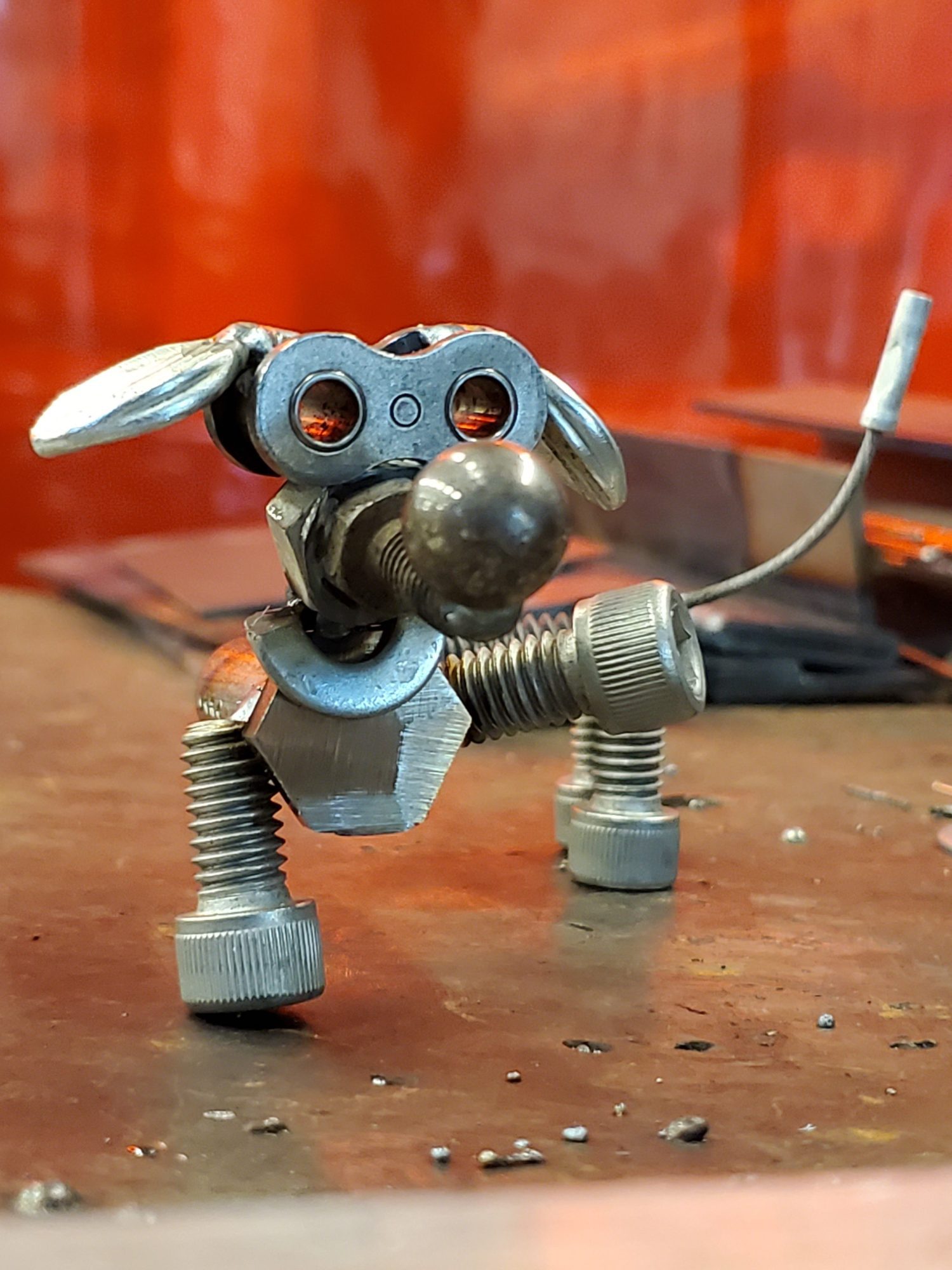As young people consider their future career and education options after high school or trade school, they often realize that attaining a bachelor’s degree is expensive. Along with the cost is the understanding that getting that degree will take years before a lucrative job offer comes their way.
These considerations lead many young adults to consider a career in manufacturing. But what does this mean since this industry has a wide variety of fields and positions?
Let’s explore further what it means to work in the manufacturing industry and the types of jobs you can explore.
What is a Manufacturing Job?
The career finder, Indeed, describes manufacturing as a “job that involves the creation of new products either from raw materials or by assembling different components through physical, chemical or mechanical means. Manufacturing can exist on a large scale for items such as phones, cars, computers and food and beverages. It can also be a smaller operation for products like customer tailoring, wig making and other non-standard or custom items.” Manufacturing creates products for nearly every industry, including: healthcare, construction, textiles, technology or the military, to name just a few.
In the past, manufacturing was seen as work done in a dark or dreary warehouse, assembling items by hand. Those days are gone, as modern manufacturing is more innovative and uses technology to do much of the repetitive work. Currently, manufacturing careers span a wide range of roles, from hands-on production work to highly specialized engineering and management positions.
Specific Positions and Interest Areas in Manufacturing
Not all manufacturing is the same. Some factories create medical products that positively impact people’s lives, while others create textiles that can be found in homes and businesses. Careers are varied, depending on your field of interest, such as hands-on work, technical skills, and problem-solving skills. Positions also differ based on the amount of experience and education you have. Levels often include entry-level, specialized or management.
Your interests and skills may determine the type of position you could take on in this exciting field, including:
- Production and Assembly
- Engineering Roles
- Technical Roles
- Management
- Support Positions
- Skilled Trades
- Technicians
- Quality Control
- Inspections
Within each specialization, there are many unique roles. For example, in the management field, there are plant managers, operations managers, and production managers. Within the engineering roles, there are research and development roles, manufacturing engineers who help design and improve processes, and design engineers who help troubleshoot issues within the factory/warehouse. Depending on your training, you could grow and learn to work your way up in the specialty.
Free NAMC training allows people interested in the manufacturing industry to explore a lucrative and exciting career in this field. NAMC and AMTEP trainees receive over 415 hours of no-cost technical training from experienced instructors across the North Shore of Massachusetts. Explore the many courses and register today here.



